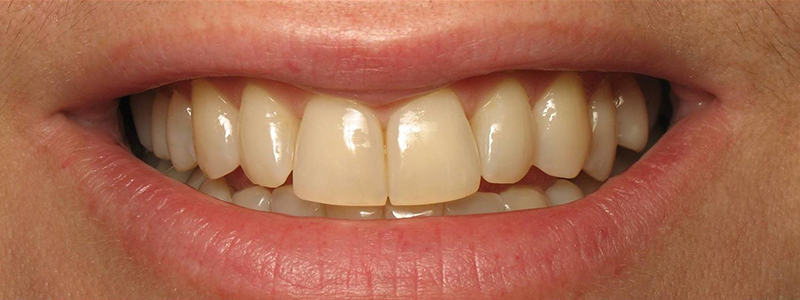Coffee is one of the most popular beverages worldwide, loved for its rich flavor and energy-boosting properties. While many of us rely on our daily cup of coffee to get through the day, it’s important to understand how this beloved drink can affect our dental health.
1. Staining and Discoloration
One of the most well-known effects of coffee on dental health is its tendency to stain teeth. Coffee contains tannins, a type of polyphenol that breaks down in water and can cause color compounds to stick to your teeth. Over time, this can lead to yellow or brown discoloration.
Tips to Prevent Staining:
- Drink Water: Rinse your mouth with water after drinking coffee to help wash away the tannins and reduce staining.
- Use a Straw: Drinking coffee through a straw can minimize contact with your teeth.
- Brush Regularly: Brush your teeth at least twice a day with a whitening toothpaste.
2. Acidity and Enamel Erosion
Coffee is acidic, with a pH level ranging from 4.85 to 5.10. Acidic foods and beverages can weaken tooth enamel, making it more susceptible to erosion. Once enamel erodes, it can lead to increased sensitivity, decay, and cavities.
Tips to Protect Enamel:
- Limit Intake: Try to reduce the amount of coffee you drink daily.
- Use a Neutralizing Mouthwash: Rinse your mouth with a fluoride or pH-balanced mouthwash to neutralize acids.
- Wait to Brush: After drinking coffee, wait at least 30 minutes before brushing your teeth to avoid brushing away softened enamel.
3. Dry Mouth
Coffee is a diuretic, which means it can lead to dehydration and reduced saliva production. Saliva plays a crucial role in maintaining oral health by neutralizing acids, washing away food particles, and preventing tooth decay.
Tips to Combat Dry Mouth:
- Stay Hydrated: Drink plenty of water throughout the day to keep your mouth moist.
- Chew Sugar-Free Gum: Chewing gum can stimulate saliva production.
- Limit Coffee Intake: Balance your coffee consumption with other hydrating beverages.
4. Bad Breath
Coffee can contribute to bad breath, or halitosis, due to its strong aroma and the way it affects saliva production. Reduced saliva flow allows odor-causing bacteria to thrive.
Tips to Prevent Bad Breath:
- Brush and Floss: Maintain good oral hygiene by brushing and flossing regularly.
- Use Mouthwash: An antibacterial mouthwash can help kill odor-causing bacteria.
- Drink Water: Rinsing your mouth with water after drinking coffee can help remove residual coffee particles.
5. Potential for Increased Decay
If you add sugar or flavored creamers to your coffee, you could be increasing your risk for tooth decay. Sugar feeds harmful bacteria in your mouth, which produce acids that attack tooth enamel.
Tips to Reduce Decay Risk:
- Choose Unsweetened Coffee: Opt for black coffee or use sugar-free sweeteners.
- Be Mindful of Additives: Limit the use of sugary syrups and creamers.
While coffee has several potential effects on dental health, you don’t have to give up your favorite beverage to maintain a healthy smile. By understanding these effects and taking proactive steps, you can enjoy your coffee while minimizing its impact on your teeth and gums. Practice good oral hygiene, stay hydrated, and visit Studio Dentale, the best dental clinic in Kathmandu. Dr. Nikita Agarwal and her team specializes in ensuring your smile stays bright and healthy despite your love for coffee!





